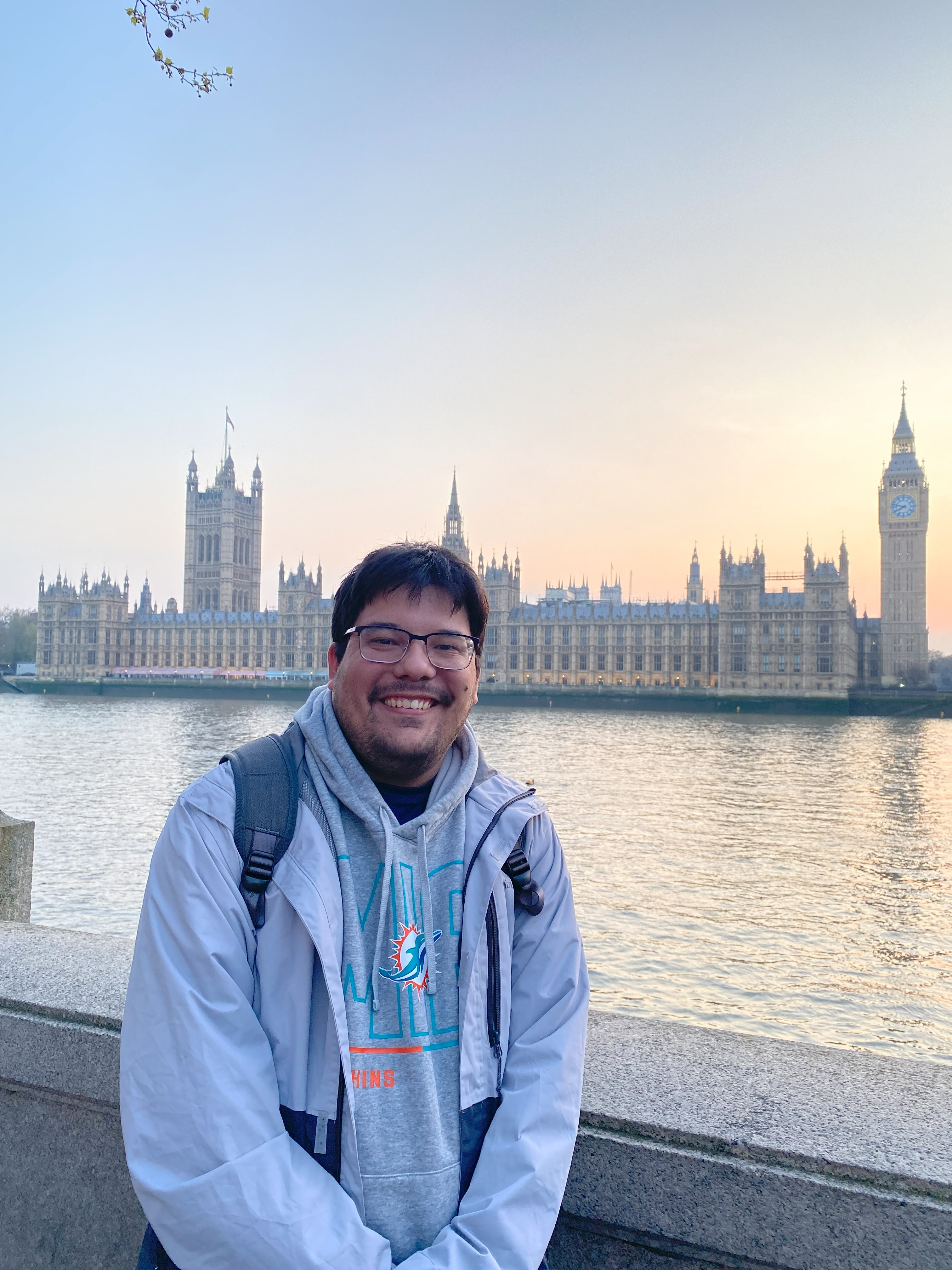Georgia executes Willie James Pye for 1993 Spalding County murder









On the last night of his life, Willie James Pye’s family members and friends came to be near him.
Awaiting news amid numerous legal filings, some asked the media gathered outside the Georgia Diagnostic and Classification Prison in Jackson for updates. Others spent Wednesday night praying and singing.
“Don’t kill Willie Pye,” read one of the signs held by members of Georgians for Alternatives to the Death Penalty, who gathered around 6 p.m. Another read “68 IQ,” referring to his attorneys’ argument that he had a diminished mental capacity. Others showed his photo.
Shortly before 10 p.m., the U.S. Supreme Court took up Pye’s final appeal. Denied.

A little over an hour later, Pye was dead. He was 59 and had spent nearly three decades on death row before the state of Georgia executed him for the 1993 rape and murder of his former girlfriend in Spalding County. The lethal injection of the sedative pentobarbital killed him at 11:03 p.m. Wednesday.
Pye’s execution was the first in Georgia in more than four years. He was the 54th prisoner killed by lethal injection in Georgia and the 77th person executed by the state since the death penalty was reinstated in 1976.
“Willie was a loving – and loved – son, brother, and uncle, and he will be dearly missed by his friends, family, and his legal team,” Nathan Potek, Pye’s attorney through the Federal Defender Program, said in a statement Thursday.
Pye was convicted of killing Alicia Lynn Yarbrough. His family declined to speak with the AJC.

Pye and two companions, Chester Adams and Anthony Freeman, planned to rob Charles Puckett, the man Yarbrough was living with at the time, according to the AG’s office.
At Puckett’s house, they found Yarbrough alone with her baby. They forced Yarbrough out of the house, leaving the baby behind, and took her to a local motel, where they took turns raping her, prosecutors said.
After leaving the motel in a car, Pye directed one of his companions to turn on a dirt road. According to the AG’s office, Pye ordered Yarbrough out of the car, made her lie face down and shot her three times.
Her body was discovered on a dirt road Nov. 17, 1993, hours after she was killed. Pye, Adams and Freeman were later arrested. Pye and Adams denied their involvement but Freeman, who was 15 years old at the time, confessed and became a state witness after reaching a plea agreement, implicating Pye and Adams in the murder, The Associated Press reported.
A jury convicted Pye on June 6, 1996, and recommended a death sentence the following day. Adams plead guilty and was sentenced to five consecutive life sentences and remains in prison.

Before the execution, one of Yarbrough’s relatives told 90.1 FM WABE that the family supported the decision to execute Pye.
“We are a forgiving family and vengeance is for the Lord,” Gernetta Starks, Yarbrough’s second cousin, told the station. “That’s just how we see it. It’s out of our control. The courts decided what they decided, and we stand behind it.”
Pye declined to make a final statement from the death chamber, but he accepted a prayer. The clergy member present asked God to help Pye experience grace and mercy.
His death warrant was then read aloud by the warden. Pye looked up at the ceiling briefly before closing his eyes for the last time.
Six of Pye’s family members visited him Wednesday afternoon, along with an attorney and a clergy member, according to a Georgia Department of Corrections spokeswoman. He also ate his final meal, a burger and fries, ahead of his scheduled execution.
After Georgia Board of Pardons and Paroles denied his bid for clemency on Tuesday, Pye’s attorneys spent much of Wednesday filing legal paperwork, arguing that he was intellectually disabled and that an agreement made by the Georgia Attorney General’s Office delaying executions during the pandemic was still in effect and applied to him. Attorneys for the state maintained the agreement did not apply to Pye. The Supreme Court rejected both appeals.
Defense attorneys raised questions about the lawyer who represented Pye at trial, calling the attorney a “racist, overworked public defender” who “shrugged off any meaningful investment in the case.” The trial attorney has since died.
“The State of Georgia obtained Willie’s death sentence only after providing him a racist and incompetent defense attorney. And the State has insisted on standing by that death sentence in spite of his lifelong intellectual disability and the fact that he presents a danger to no one in prison,” said Potek, his Federal Defender Program attorney. “The people of Georgia deserve better.”




